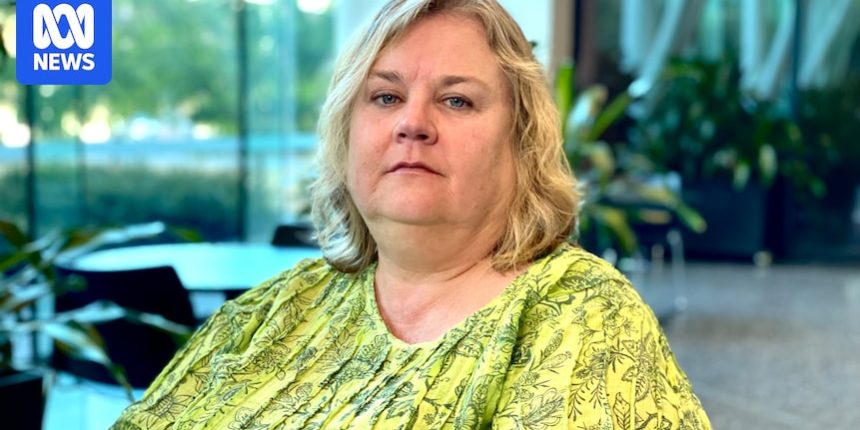The death of a man with disability in NDIS-supported housing last month has sparked a police investigation and renewed calls for mandatory provider registration.
The ABC can reveal a 42-year-old man died suddenly at a housing facility in the suburb of Acacia Ridge in Brisbane on March 14.
The facility was run by a company called Core and Capacity, which was not formally registered with the NDIS, and so was not subject to the same oversight or regulation as providers that have registered.
Public documents from the corporate regulator, the Australian Securities and Investments Commission (ASIC), show the company was forced into liquidation by the Australian Tax Office (ATO).
An application for the winding up of the company was lodged late last year by the ATO and the company was officially put into liquidation on March 19, 2025 — five days after the death.
The Queensland Police Service would not provide the circumstances around the death, but confirmed it was investigating.
A spokesperson said it was not considered suspicious and a report would be prepared for the coroner.
Core and Capacity declined to comment.
All providers registered with the NDIS are required to notify “reportable incidents”, including deaths, to the scheme watchdog, the Quality and Safeguards Commission (QSC), within 24 hours.
But because Core and Capacity wasn’t a registered provider, it didn’t need to make any notification, QSC deputy complaints and engagement commissioner Sian Leathem said.
“However, we have been made aware of the death of this NDIS participant and are making further enquiries to understand the circumstances,” she said in a statement.
“Our thoughts are with the family and friends of the participant at this difficult time.”
The QSC did not clarify who notified the watchdog of the death.
The residence was an Individualised Living Option (ILO), a more flexible category of supported disability housing, aiming to allow participants to live in a home of their choice, with others or alone.
Registration calls reignited
Disability advocates have called on the federal government to act and make sure all NDIS service providers formally register with the scheme.
Former minister Bill Shorten was handed the recommendations from a review into that issue mid-last year, but the government response has not been announced.
The office of NDIS Minister Amanda Rishworth redirected questions from the ABC to the QSC. The watchdog said it was “not in a position to provide a response” due to the government being in election caretaker mode and pointed the ABC to its website.
Catherine McAlpine — the CEO of Inclusion Australia, a peak body representing people with intellectual disability — said the Acacia Ridge death was a reminder of why mandatory registration was needed and why participants needed to be visible to the regulator.
“Without registration, many instances of abuse and neglect will go unnoticed … it is critical that if any person with disability dies or is hurt under the care of a provider that it is reportable,”
she said.
Catherine McAlpine says mandatory registration would provide an important baseline of visibility and protection for NDIS participants. (ABC News: Tara Whitchurch)
Queensland Advocacy for Inclusion CEO Matilda Alexander agreed.
“Every life is valuable and people with disability face barriers to recognition and protection of their rights,”
she said.
“Registration brings a raft of protections for disability-specific accommodation. If a provider is not registered, we still need to ensure transparency, accountability and proper investigation of deaths.”
Matilda Alexander says no person living in disability-specific accommodation should die without proper reporting and investigation. (ABC News: Chris Gillette)
The debate about making all providers register with the scheme has been a controversial topic in the disability community.
Those in favour of a more robust system say it would provide more, much-needed oversight of the scheme, while others fear it could restrict the choice and control participants have over their supports.
Ms McAlpine said while registration was not a silver bullet, it still provided a crucial baseline of visibility and protection.
“The disability royal commission highlighted the risks of abuse and neglect in disability-specific accommodation,” Ms Alexander added.
“Those recommendations have not been fully implemented, and we call on the federal and state governments to fully implement those recommendations to prevent the risk of neglect, abuse, violence and even death.”
Loading…

